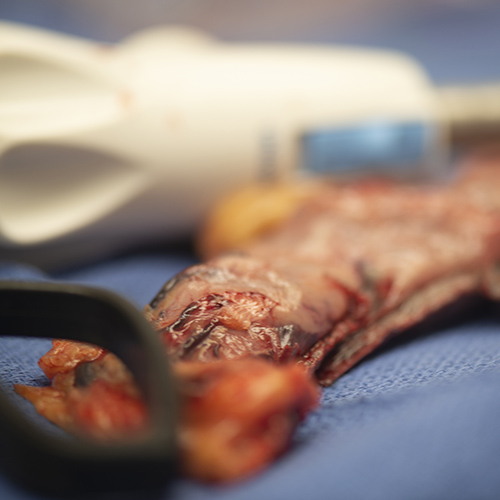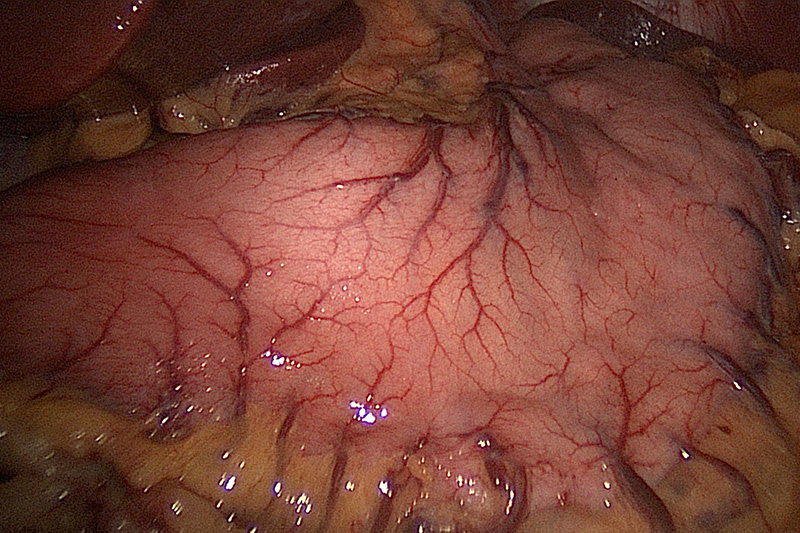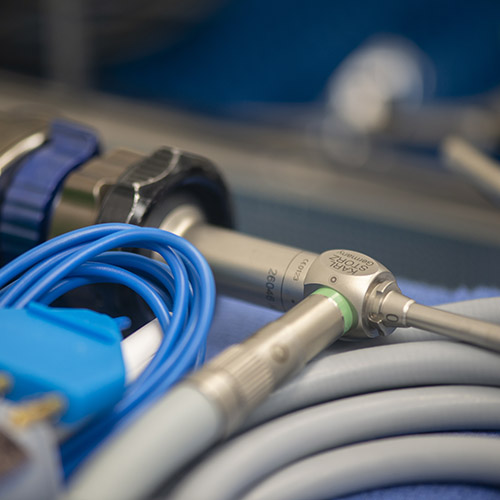GLP-2 or glucagon like protein 2 is a naturally occurring peptide hormone that is produced by the neuroendocrine cells of the small and large intestines. It is also produced in the brain. Its secretion is dependent on the intake of food. The hormone acts via the GLP-2 receptors which are present in the gut. When administered externally, it regulates gastric motility and decreases the gastric acid production in the stomach. It promotes intestinal growth, regeneration of the epithelial surface of the intestines and promotes barrier function of the intestinal wall. It also has cytoprotective function with regards to cells lining the gut. Through enhancement of reparative processes in the gut, it promotes nutrient absorption. Due to the above mentioned functions, GLP-2 has obvious therapeutic benefits in disorders of the intestinal and mucosal epithelium, for example in Crohn?s disease.






